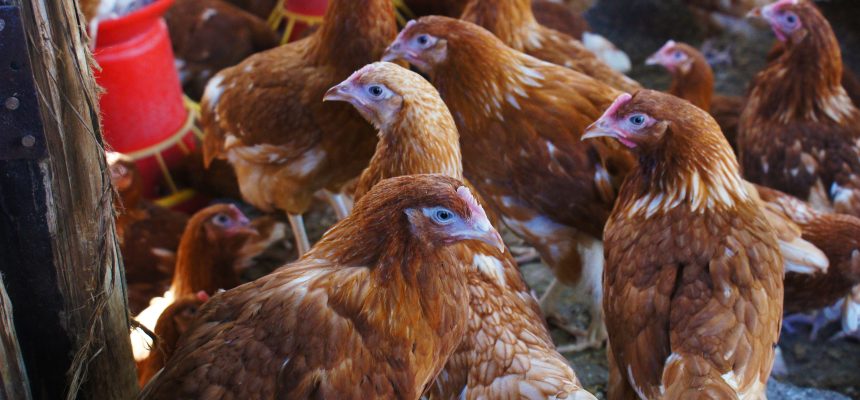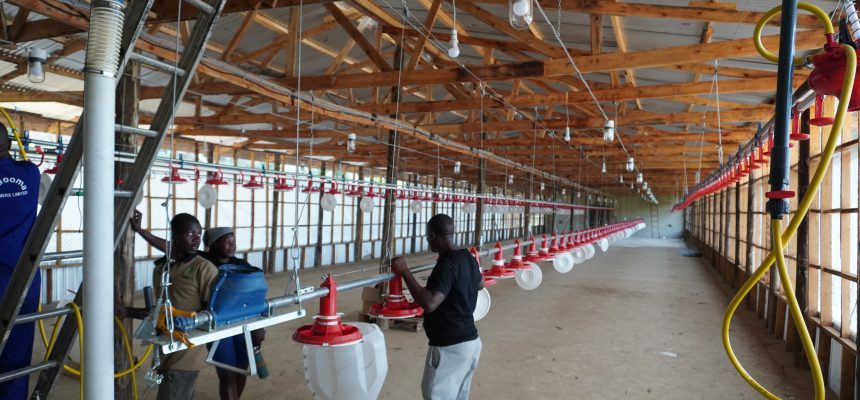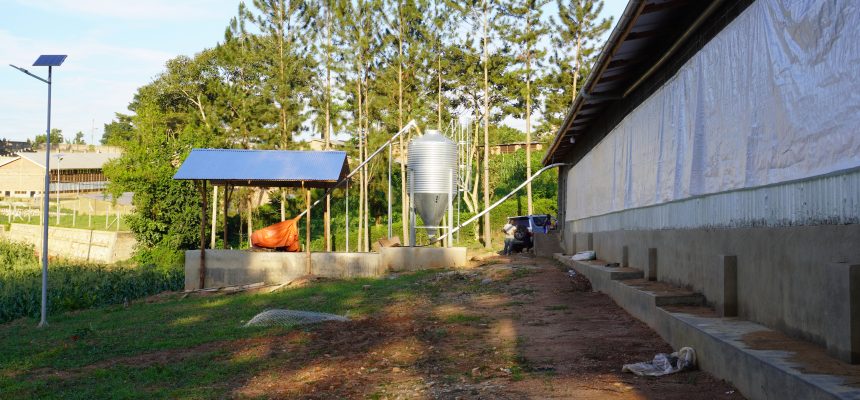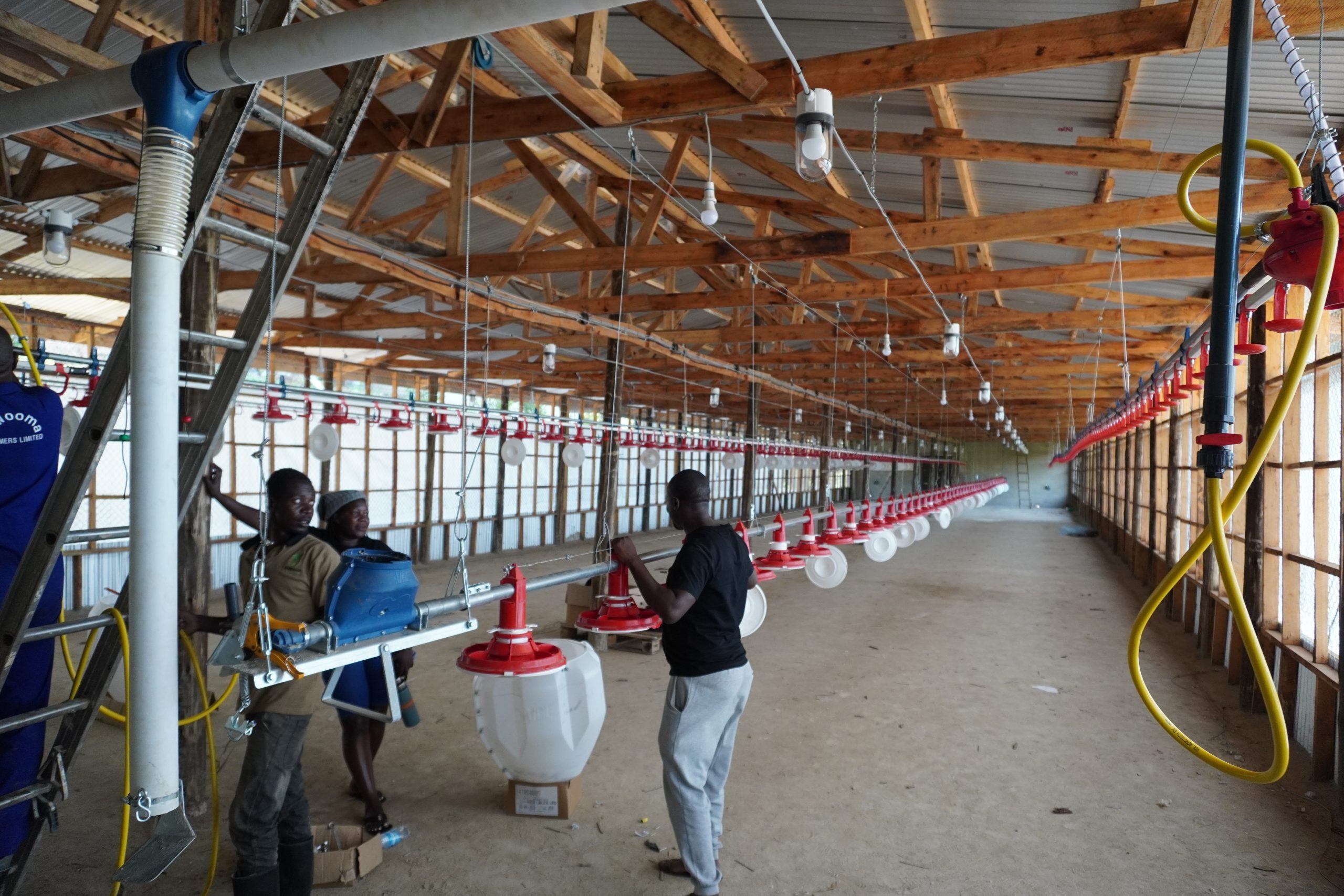In the ever-evolving tapestry of global commerce, emerging markets are drawing the attention of businesses and investors seeking to capitalize and gain momentum on untapped potential. These regions, characterized by a unique blend of economic dynamism and evolving geopolitical landscapes, present a wide range of unprecedented opportunities for businesses aiming to establish and flourish.
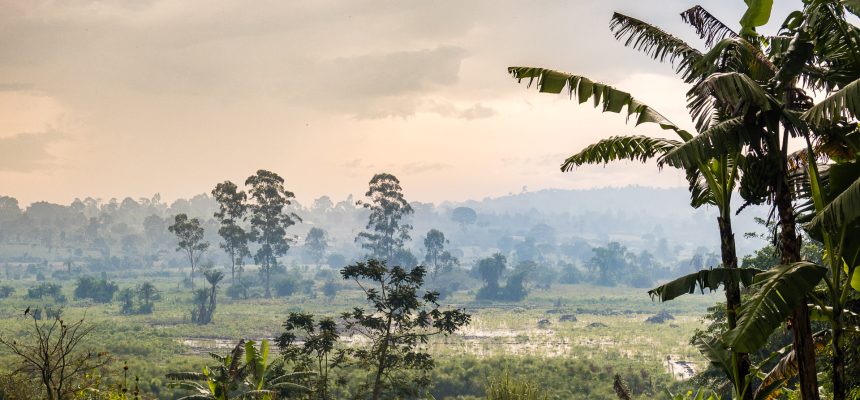
Amidst these promising horizons, however, lurk multifaceted risks that demand substantial consideration. Navigating the regulatory landscapes of East and West Africa, Eastern Europe, and Southeast Asia requires a nuanced understanding of local governance and compliance intricacies. Political stability, a cornerstone of successful business operations, remains an ever-present consideration in regions with histories of geopolitical volatility. Additionally, currency fluctuations, infrastructure bottlenecks, and cultural nuances pose formidable challenges to market entry and growth. Yet, it is precisely the adept management of these risks that can transform them into stepping stones for businesses aspiring to thrive in emerging markets. Strategic adaptability, an intimate understanding of local contexts, and a commitment to fostering mutually beneficial partnerships are essential elements of a winning formula.
For Dutch business ventures willing and able to take the plunge into emerging markets, the Dutch government deploys several instruments, programmes, and means, to lower the barriers of emerging market entry and growth. One of these instruments is the Impact Cluster, which aims to create positive social and environmental impact in emerging markets through public-private partnerships. By facilitating collaboration between Dutch and local companies, farmers’ associations, research institutes, universities, government agencies, and financial institutions, the goal is to introduce innovative solutions for sustainable development along an entire sector value chain. By combining the expertise of companies throughout a sector, this approach addresses a sector as a whole and aims to resolve multiple bottlenecks at the same time. Furthermore, an Impact Cluster provides dedicated research and access to market information and opportunities for its members, such as market studies, buyer-seller meetings, trade missions, and business matchmaking through workshops, seminars, webinars, study tours, trade fairs, and networking events.

Some Impact Clusters support the establishment of demonstration farms, where Dutch and local companies can showcase their products and services. Once finished, these demonstration farms also serve as training centres, where farmers can receive practical and theoretical training on various aspects of a sector.
One of the projects that is being implemented under the Impact Cluster programme is PoultryTechUganda, which is spearheaded by Larive International. PoultryTechUganda is a consortium of 11 Dutch and Ugandan companies that are working together to improve the performance and profitability of the poultry sector in Uganda.
- Aeres Training Centre International
- Asigma
- Asiima Agri Concern LTD
- Biwooma Farmers Limited
- Champrisa International LTD
- Hendrix Genetics
- Kukuchic
- Larive International
- Nutreco
- Ottevanger Milling Engineers
- Royal Pas Reform
Poultry is a vital source of income and nutrition for millions of people in Africa. In Uganda, the poultry sector has great potential to grow and contribute to food security, poverty reduction and economic development. The sector is growing and developing, with an annual growth rate of 5%. It contributes to 4.2% of the agricultural GDP and 1.1% of the national GDP, employs about 1.7 million people, and provides a stable source of income and nutrition for many rural households.
However, the sector also faces several challenges that limit its productivity and competitiveness. These include high feed costs, low quality of chicks and vaccines, poor biosecurity and disease management, lack of access to finance and markets, and low adoption of improved technologies and practices. These challenges affect both small-scale and commercial farmers, who often operate in isolation and lack information and skills.
To address these challenges, the consortium is about to establish its first demonstration farm in Kampala, where the project will showcase and provide access to its products and services to potential customers and partners. PoultryTechUganda was initiated in December 2021, and has been conducting training sessions for farmers on various topics related to poultry production and management since the start of the project.
By improving the productivity and quality of poultry products in Uganda, PoultryTechUganda will not only benefit the local farmers and consumers but also create opportunities for Dutch and European businesses that want to enter or expand their presence in the Ugandan market. The project will showcase the added value of Dutch expertise and technology in the poultry sector and foster long-term partnerships between Dutch and Ugandan actors. The instrument also helps them to build trust and reputation among local customers and partners, as well as to gain insights into the local market conditions and needs.
The Impact Cluster instrument is therefore a valuable tool for private and public stakeholders to create a positive impact in emerging markets through collaboration and innovation. It offers a unique opportunity for Dutch and EU businesses to leverage their knowledge, skills and resources to address global challenges while creating new markets and enhancing their competitiveness across sectors and countries.
Reach out to our colleague Bart Wolberink if you would like to receive more information in the Impact Cluster instrument or PoultryTechUganda.

